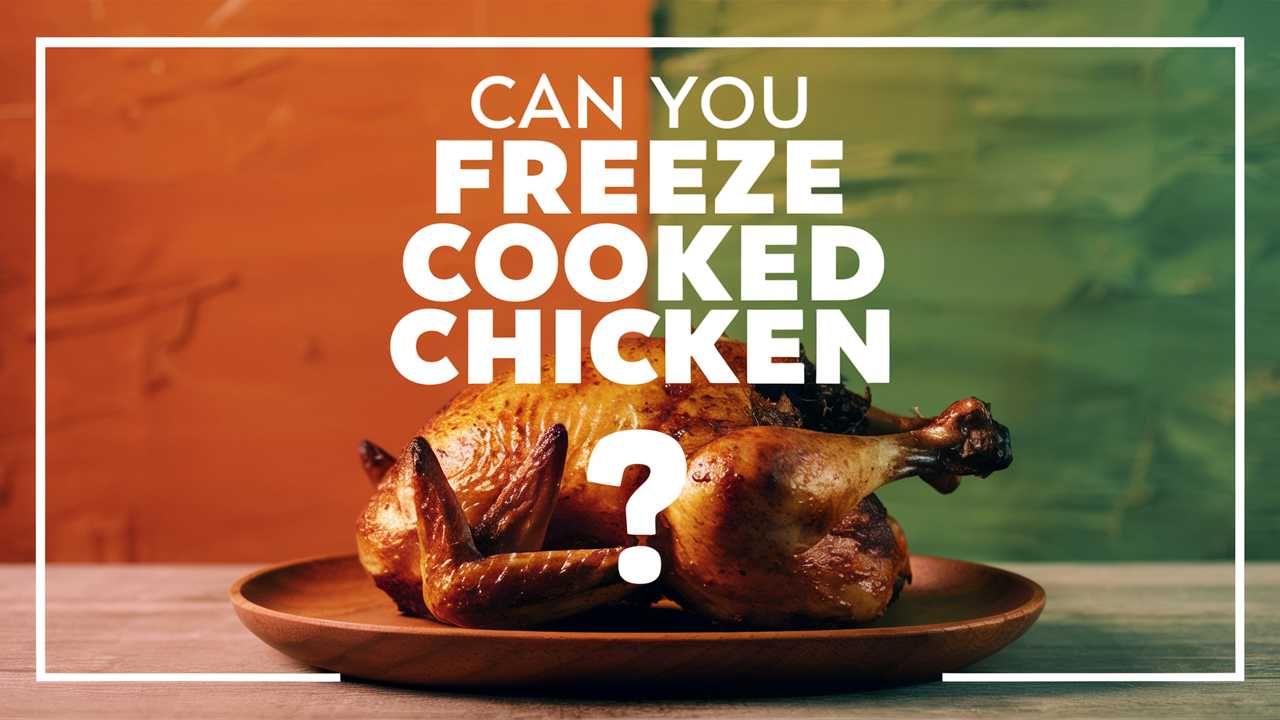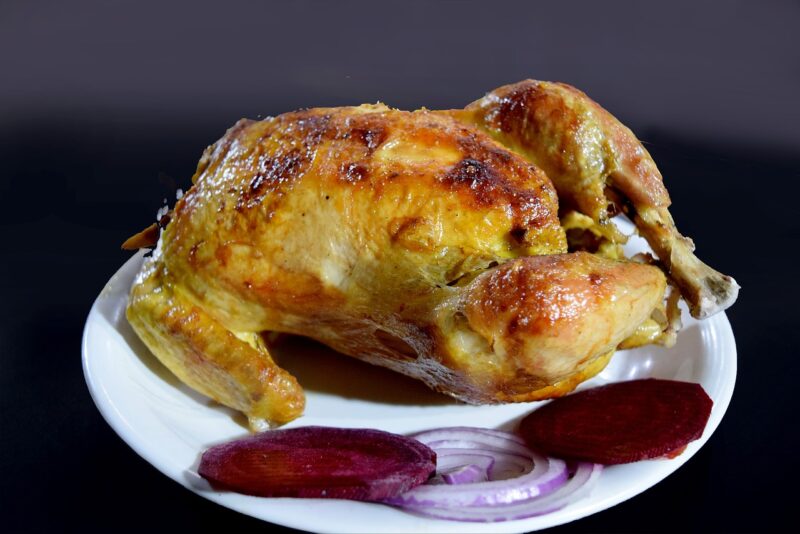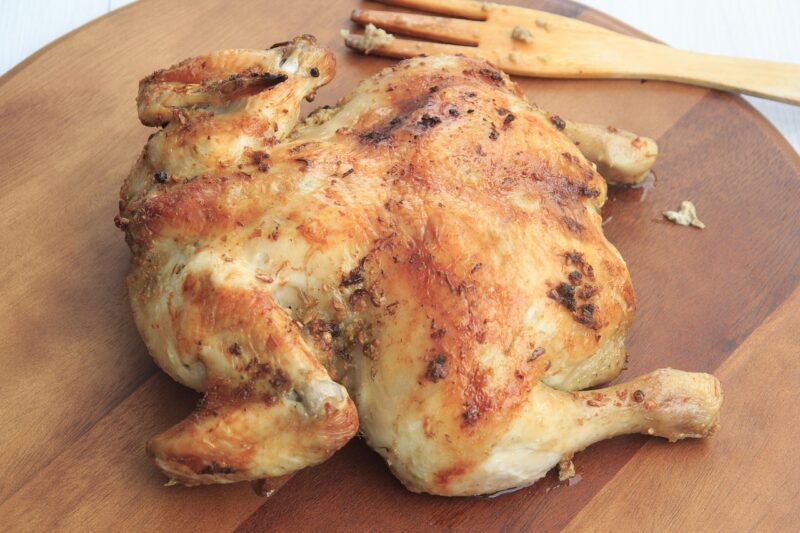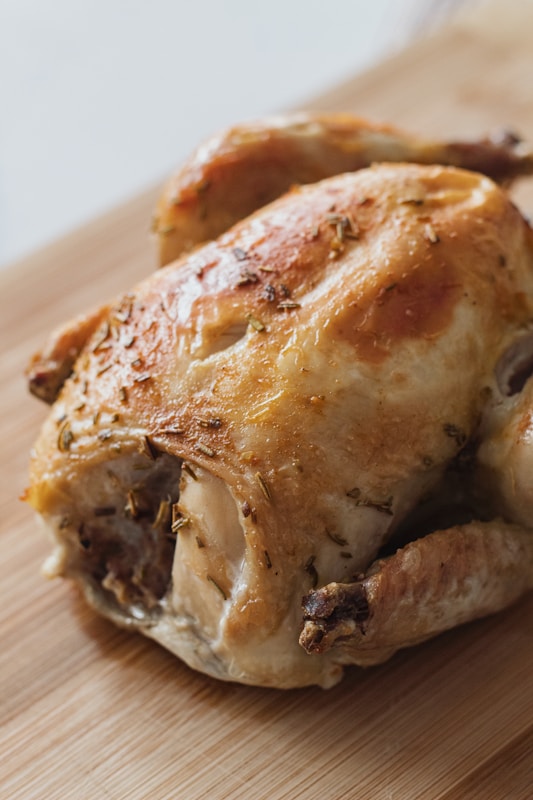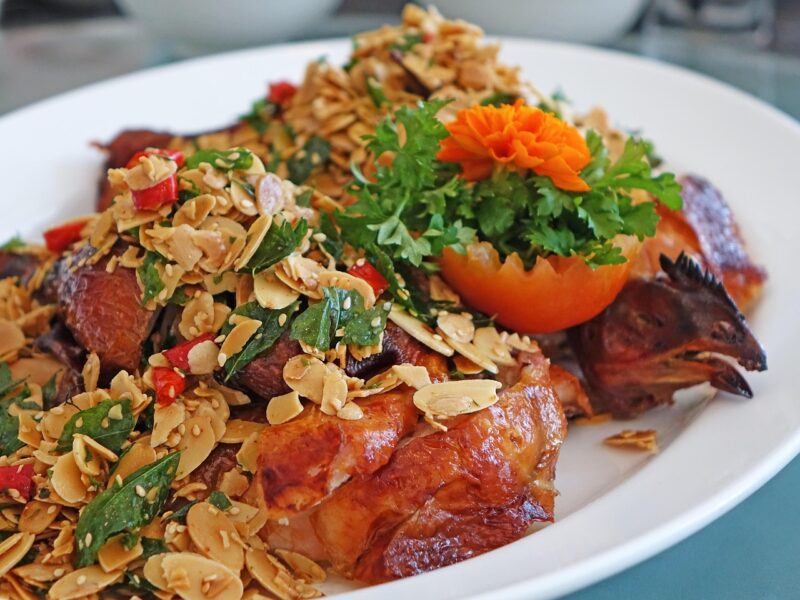When it comes to meal prep and food storage, one question frequently arises in kitchens across the globe: “Can you freeze cooked chicken?” The answer is not only a resounding “yes,” but the process itself holds some fascinating nuances worth exploring. Cooked chicken can be a versatile ingredient in countless recipes, and freezing it extends its shelf life while still allowing for delectable meals later on.
In this comprehensive guide, we will unfold everything you need to know, from the science behind freezing, how to properly freeze cooked chicken, and tips for reheating and serving it later.
How to Properly Freeze Cooked Chicken
Before you rush to toss your leftover chicken into the freezer, let’s break down the step-by-step process for freezing cooked chicken effectively.
Step 1: Cool the Chicken
Once the chicken is fully cooked, it’s crucial to allow it to cool before freezing it. Placing hot chicken directly in the freezer can raise the temperature inside the freezer, potentially affecting other food items. Aim to cool the chicken to room temperature. If you’re in a hurry, cut the chicken into smaller pieces; this will speed up cooling.
Step 2: Portion It Out
One common mistake is freezing all your chicken in one large block. Instead, consider dividing it into meal-sized portions. This will make it easier to thaw just the amount you need later on, minimizing waste.
Step 3: Use Quality Freezer Bags or Containers
Opt for high-quality freezer bags or airtight containers to store the chicken. Be sure to squeeze out as much air as possible from bags to prevent freezer burn. If using containers, leave a little headspace to allow for expansion as the chicken freezes.
Step 4: Label and Date
Once the chicken is packed, label the bags or containers with the type of chicken and the date of freezing. This simple step will help you keep track of how long your chicken has been stored and ensure you consume the oldest packs first.
Step 5: Freeze Efficiently
Place the chicken in the coldest part of the freezer. Avoid stacking too many items on top of it immediately after freezing; this step helps ensure consistent freezing.
Step 6: Don’t Overlook the Thawing Process
Most importantly, when it’s time to use your frozen chicken, avoid thawing it at room temperature. Instead, transfer it to the refrigerator the day before you plan to use it, allowing it to thaw gradually and safely.
Step 7: Enjoy Within the Recommended Time Frame
Cooked chicken can generally be kept in the freezer for up to four months for optimal flavor and texture. After this period, while it may still be safe to eat, the taste and quality can diminish.
How Long Can You Keep Cooked Chicken in the Freezer?
While cooked chicken can last up to four months, various factors can affect this timeframe. Factors such as the cooking method, type of chicken, and how well it was stored all play critical roles. Here is a more thorough breakdown:
Grilled Chicken: Up to 4 months if well-sealed.
Roast Chicken: Similarly, it should last around 4 months. However, consider the herbs and spices that might alter flavor over time.
Chicken with Sauce: While the sauce could add moisture, it might also change the flavor. You can expect this to last about 2-3 months.
Shredded Chicken: Often found in meal prep recipes, shredded chicken can remain tasty in the freezer for 3-4 months.
Although the chicken may technically be functional beyond these time frames, the quality can suffer. Regularly check on your frozen chicken and use your senses to determine if it’s still good.
Reheating Frozen Cooked Chicken
Once your frozen cooked chicken has been thoughtfully stored and aged in the freezer, the next step is reheating it properly. The goal is to retain its flavor, texture, and safety. Here are the best methods for reheating cooked chicken from the freezer.
Microwave
Remove the chicken from its storage bag or container.
Place it on a microwave-safe plate.
Cover loosely with a microwave-safe lid or a damp paper towel.
Heat on medium power for one minute at a time, turning occasionally, until heated thoroughly. Make sure it reaches an internal temperature of at least 165°F (74°C).
The microwave is a quick option, but be cautious as it can dry out the chicken if heated too long.
Oven
Preheat the oven to 350°F (175°C).
Place chicken in an oven-proof dish and cover it with foil to retain moisture.
Heat for about 20-30 minutes, depending on the portion size, until heated through.
Reheating in the oven is great for preserving juiciness and texture.
Stovetop
Slice the chicken into smaller pieces if not already shredded.
Add a little oil or broth to a skillet over medium heat.
Add the chicken and cover. Stir occasionally, cooking until warmed through.
This method retains the flavor and provides a crispy texture if desired.
Instant Pot or Slow Cooker
For those who appreciate convenience, consider using an Instant Pot or slow cooker:
Place the chicken inside and add a little broth or sauce to keep it moist.
Using the option for reheating, allow it to warm up slowly, keeping an eye on the temperature.
This method is particularly effective for shredded chicken in recipes like tacos or soups.
Tips and Tricks for Cooking with Frozen Chicken
Freezing cooked chicken opens the door to a variety of meal options. Here are some creative ways to utilize your frozen stash:
Soups and Stews: Add frozen chicken directly to soups and stews. Just be mindful of the cooking times, ensuring the chicken is reheated thoroughly.
Taco or Enchilada Filling: Shredded or diced frozen chicken is perfect for quickly making tasty tacos or enchiladas.
Salads: Let the chicken thaw just enough to chop it up before adding to salads. This can elevate a lunch into something gourmet.
Stir-fries: Toss frozen chicken pieces straight into a hot pan with vegetables and sauce. It’s an easy way to create a complete meal.
Common Concerns and Misconceptions
Freezing food can come with a slew of misconceptions. One common question is whether freezing cooked chicken changes its flavor or texture. While it’s true that improper freezing can result in freezer burn, a well-frozen chicken retains most of its flavor. It’s always encouraged to season chicken at the time of reheating for an added burst of freshness.
Another concern is food safety. While raw chicken has the reputation of being a bacteria spawning ground, cooked chicken is much safer to freeze, provided you follow the guidelines. However, don’t forget to ensure it cools promptly before freezing—this step is crucial in reducing the risk of bacterial growth.
Defrosting: The Best Practices
When you’re ready to enjoy the flavors of your frozen chicken, know that there are best practices for defrosting. Thawing in the refrigerator is the best option, as it keeps the chicken at a safe temperature. The key takeaway? Take time for your chicken to get a good thaw in the fridge rather than relying on rapid methods that can compromise safety or texture.
Conclusion: Embracing the Convenience of Frozen Chicken
The questions surrounding whether you can freeze cooked chicken often lead to a broader appreciation for meal planning and food storage. By following the proper methods for freezing and reheating, you can enjoy the benefits of cooking in bulk without compromising flavor or safety.
Freezing cooked chicken not only transforms your cooking routine, allowing for quick, delicious meals, but also helps manage household budgets and food waste. The next time you’re left with leftovers or looking for an easy weeknight dinner option, remember that the freezer can be your best friend.
In a world that continuously seeks convenience and efficiency, don’t overlook the simple power of freezing cooked chicken; it’s a small step that leads to big flavors and easy meals! Embrace the magic of your freezer and let it serve as a cherished ally in your culinary journey.


